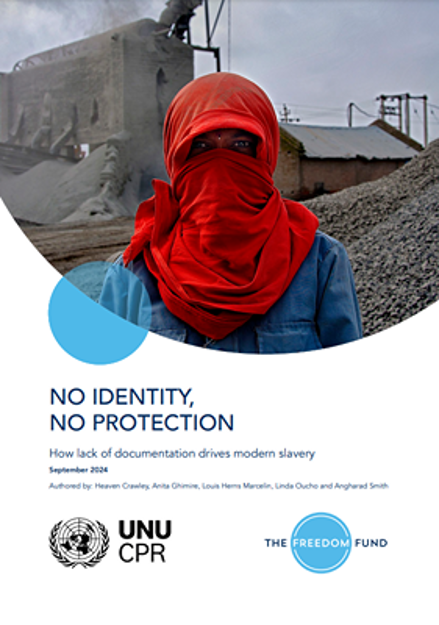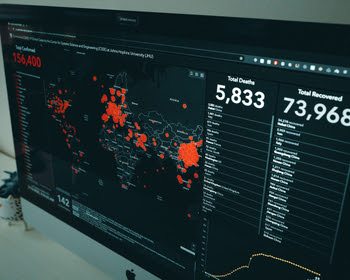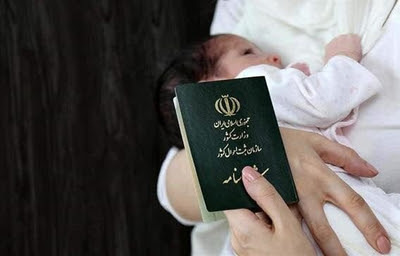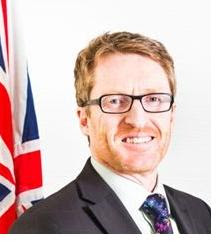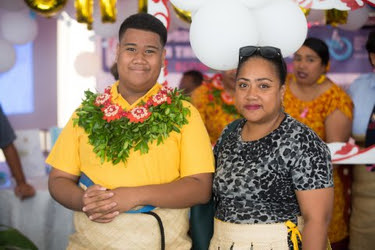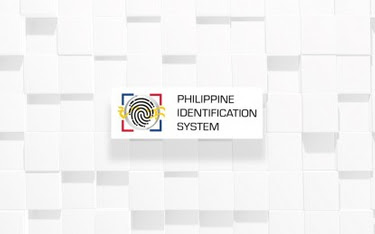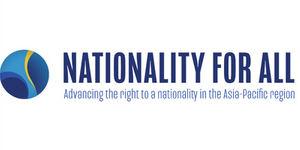The Sustainable Development Goals (SDGs) Target 16.9 focuses on providing legal identity for all, including birth registration. The United Nations University Centre for Policy Research (UNU-CPR), together with the Freedom Fund have examined modern slavery risks among individuals lacking documentation in their recent report, No Identity, No Protection.
Without official documentation, the risk of modern slavery increases as people, such as migrants, stateless minorities and those affected by discriminatory nationality laws, struggle to access basic essential services and are often driven into informal, dangerous and exploitative work. The report urges for government action, community engagement and international cooperation to address this issue.
Click here for the No Identity, No Protection report.


